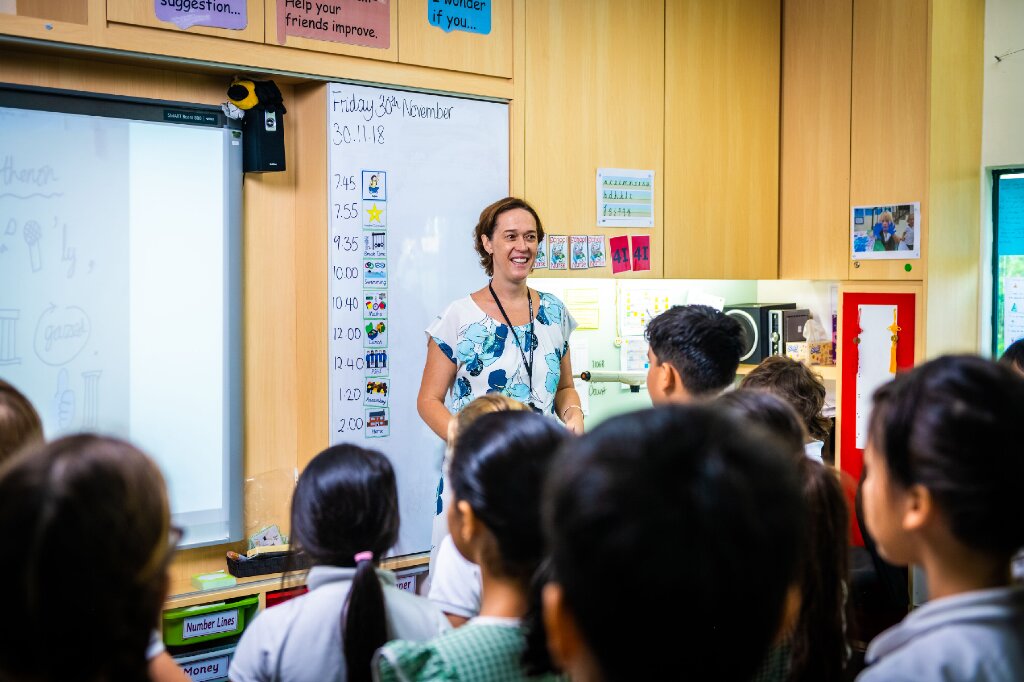
Reports are an integral part of what we do and an important way we communicate your child’s learning and personal growth. However, reports are only one piece of a jigsaw, that we endeavour to put together, of your child’s learning journey whilst at the Alice Smith School.
The information contained within reports comes from a range of sources. The reporting process not only begins from the moment your child arrives with their teacher, but is also continual. As soon as one report is written and issued to you, teachers are already gathering data, making judgements and decisions about your child’s learning and where they need to go next. This teacher judgement is vital.
Class teachers will interact with your child on a daily basis and know your child - what motivates them, what interests them and what their strengths are.
Teacher judgements are augmented by the use of standardised data and ongoing teacher assessments. A standardised assessment is a test that requires all test takers to answer the same questions in the same way and that is scored in a “standard” or consistent manner. This makes it possible to compare the relative performance of individual students or groups of students.
However, whilst standardised assessments can provide useful information, they are a snapshot of your child’s achievement - or potential achievement - on the day they took the assessment. There can be a myriad of factors that influence the results of these assessments. There are a range of other ways that teachers will engage with your child. They participate in professional dialogues which allow them to meet with year leaders and discuss all aspects of your child in their class - are they achieving their potential? Are there any barriers to them learning? What are the next steps that need to be put in place to provide the requisite challenge for your child? This process allows teachers to build up a detailed and intricate picture of what is happening in the class and helps inform planning and next steps.
We also use CAT4 assessments which allow us to identify potential. This helps us to support children who are underachieving for any reason (for example, children new to English may not be able to demonstrate their ability initially). Our data demonstrates that we have a much larger more able population at Alice Smith than in most schools.
The removal of levels in the UK in 2014, paved the way for schools around the world to develop their own assessment system. At the Primary Campus, our approach has been for teachers to use their formative (on-going) assessment along with evidence from a range of data, including student observation and dialogue, standardised data and tracking against the KLASS curriculum to make judgements, for reporting purposes, as to where your child is in their learning. This allows us to provide a report which summarises your child’s learning over the course of an academic year, commenting on their areas of progress, as well as celebrating their personal and academic strengths.
One of the many things we pride ourselves on at Alice Smith is that our teachers know the children in their care; they know what motivates them, where their strengths are and where there are gaps in their learning which need to be filled.
We strongly believe teacher judgement is key in making sense of the range of data we have at our disposal and that this will be reflected in the reports you will receive and the dialogues that you have.